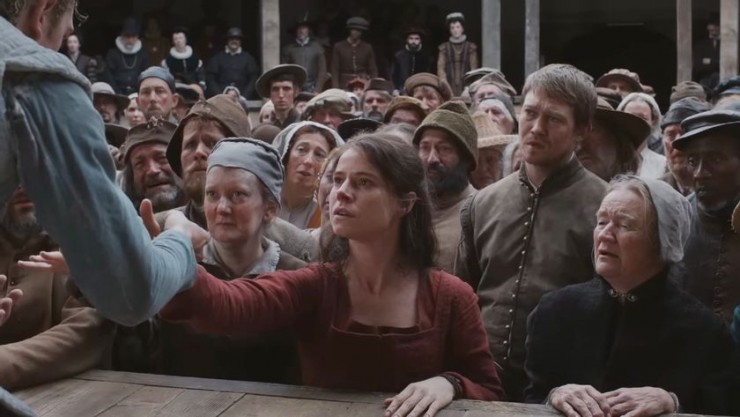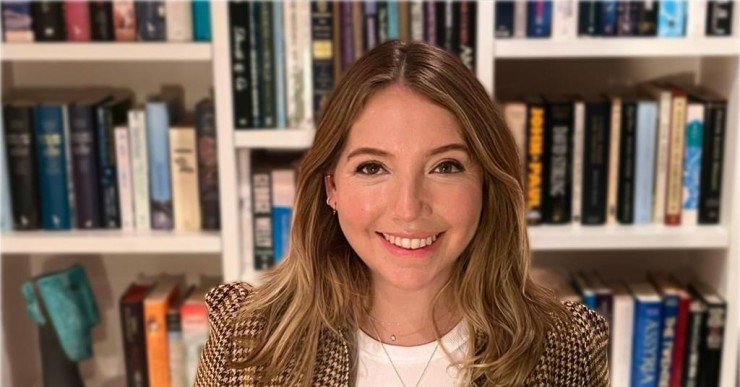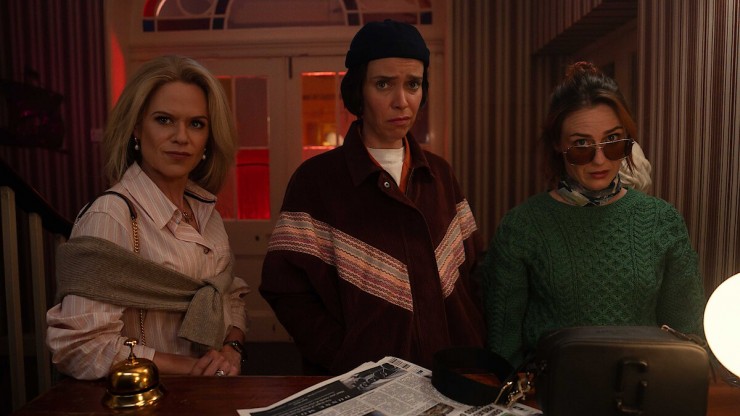Channel 4’s eleventh-hour broadcast of Emma Raducanu’s US Open victory could not have happened under the government’s proposed private ownership, chief executive Alex Mahon has declared.
Speaking at the RTS Cambridge Convention, Mahon said the deal to share Amazon’s feed of Saturday night’s match only began in earnest the day before and was achieved because C4 is “small and nimble” and experienced in forming non-commercial partnerships.
“I don’t believe the tennis would have been there on Saturday night or that the Paralympics would be there on the scale we did it,” Mahon said.
“Just as NBC is the biggest for the Olympics worldwide, little old C4 is the biggest for the Paralympics worldwide. When you go there, every athlete knows that C4 is the global centre for Paralympic broadcasting. We’re lucky we can do that, because it’s not a profitable event but it does make a massive difference. Paralympians believe disabled people are treated better in the UK because of the Paralympics.”
Mahon also singled out AIDS drama It’s a Sin – rejected by other broadcasters before coming to C4 - as an example of how the broadcaster puts public interest at heart of a wide range of its output.
She also mentioned last week’s Black to Front day, which she said had "busted the myth" of a lack of diverse behind-the-scenes talent. C4 is preparing to publish details of how to achieve long-lasting legacy of change from the initiative in the coming weeks.
“It’s how we make things, how we cast Bake Off, how we make Dispatches, how we make a lot of shows. You wouldn’t break new talent [under private ownership] - that’s not profitable. Streamers leave it to people like us to go and break them.”
Mahon pointed to other C4 initiatives that she believes could not exist under a privatised model, such as its track record in nurturing small and medium companies – “it brings the new voices into the industry” – and last week’s announcement of a plan to train 15,000 people from socially distanced backgrounds a year.
“You can make a different decision [about C4’s funding] but those are the consequences of making that decision,” she stated.
Mahon questioned what difference it would make if the government required C4 to switch to private ownership but with specific public service quotas.
“ITV does that – but to what degree? The government is saying, ‘perhaps; we’ll have to put something in place… if you have to do all that why bother selling it in the first place?”
Referencing Bake Off, she added, tongue-in-cheek: “You can’t have your cake and sell it. Is it worth the calories? It feels like something with a soggy bottom.”
Whittingdale response
Parachuted in to speak on behalf of the government following Oliver Dowden's exit as culture secretary, a day before himself leaving office, culture minister John Whittingdale said:
"Whatever decision is taken with C4, there is no way this government will ever compromise our independent production industry. UK film and TV is booming, hundreds and thousands of families rely on the industry for their living, creative fulfilment and sense of self.
"Our economy relies on the creative industries, no less than our national identity. We will do everything we can to protect it in the years ahead.”
He also downplayed in-house production, which has been seen as a cornerstone of government plans to privatise C4, and potentially prioritise working with small producers.
"We will see C4 contiue to commission from the independent sector, whether or not it has in-house production," he said. "We would give C4 access to capital which will allow it to spend more on production."
Following the conclusion of the government's consultation, JP Morgan is now analysing the responses and will be advising on the proposals.


